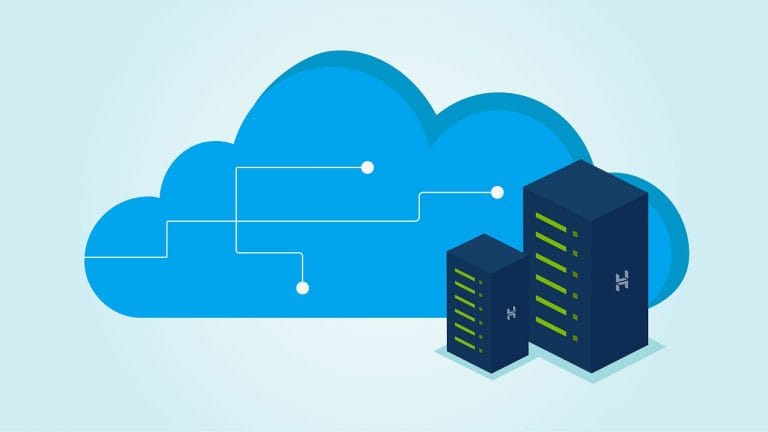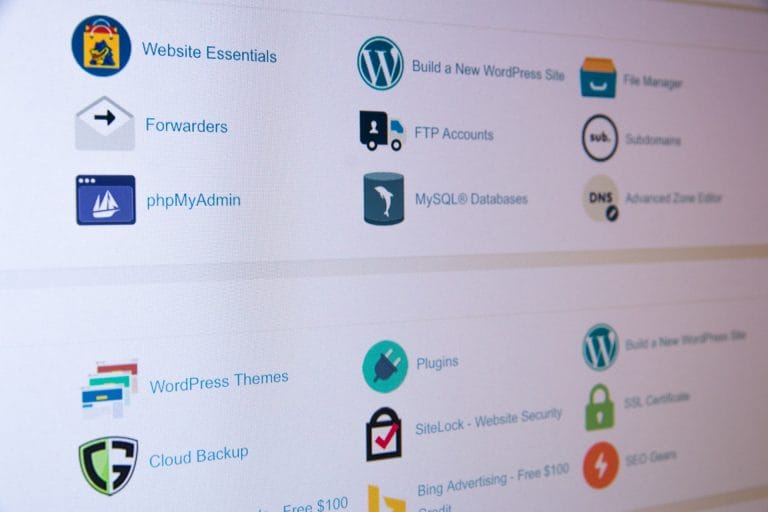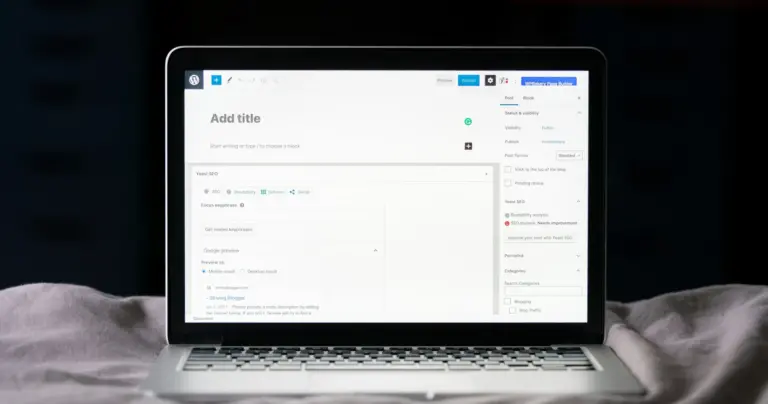Netnerd.com’s shared web hosting provides some free features built in by default, that other hosting providers can charge you for. Find out what these features are, what they do and the benefit that they provided. These features are available in all our shared hosting packages from our cheapest Starter Hosting package (£10 per year), including our Unlimited Web Hosting package (£1 per month for the first 6 months, then £4.99 per month), all the way through to our Business Hosting and Pro Hosting packages.
Free SSL Certificates
Free SSL certificates are automatically installed on all domains or subdomains that resolve to our shared hosting platform.
Certificate installation takes place automatically by default. There’s also an “SSL/TLS status” facility in the cPanel hosting accounts we provide that has a “run auto SSL” button that you can click to request a certificate (if you don’t want to wait for the certificate run to take place).
What SSL Certificates Are Used For
SSL certificates are used when encrypted connections are established. A certificate is required for an encrypted connection to be made.
Encrypted connections can be used to send and receive emails to and from your computer, and also by web browsers connecting to your website. A padlock is displayed in the browser’s address bar when accessing a website using an encrypted connection.
Why You Need SSL Certificates
When an encrypted connection is made between a client (the computer or device that you’re using) and a server (our platform) the information that’s sent between the two is encrypted.
Should encrypted traffic be intercepted by a bad actor, it’s not really much use to them, as it’s effectively mumbo jumbo unless it can be unencrypted. Unencrypting data, although possible, takes a long time and a lot of computing power, so it’s not something that’s usually done.
In the context of emails, when you computer connects to a mailbox to download emails, both the username and password for the mailbox are submitted by the computer to the server. Emails are then downloaded. If encryption isn’t being used, and the data sent between the computer and the server is intercepted, a malicious party could read emails, and obtain the mailbox username and password, which could then be used to read all emails in the future. Using encryption makes any intercepted data unusable (unless a hacker has a super computer and a few months to kill).
Whilst it is unlikely that your data will be intercepted if you’re at home, if you access your emails from an internet cafe or using any public Wifi (such as in a hotel, pub or restaurant), you have no idea who could be attempting to intercept your data.
In the context of websites encryption is more of a factor as all website visitors are affected by encryption being used or not. In this situation, if someone visits your website, and there’s a padlock in the browsers address bar, any information sent between the browser and the website is encrypted.
Encryption on small portfolio or business type websites doesn’t affect too much. It would protect against things like email addresses being obtained if a contact form is filled in. It would also protect against login details being obtained via packet sniffing if you’re using a CMS based site.
If you’re running an online shop, encryption is a must, as card details are sent from customer’s browsers to your website. Encrypting this data is essential to prevent card details being obtained by malicious parties.
Doesn’t Everyone Provide Free SSL Certificates?
Unfortunately not. This varies between providers and sometimes even the hosting package you’ve decided to use. Sometimes you’ll be charged a considerable amount to obtain a certificate (£49.99 in the case of Godaddy).
There was a time when certificates had to be purchased and they were a bit tricky to install, and they had to be renewed every year. In 2014 A company called Let’s Encrypt started up with the objective of offering free, automatically installed and renewed certificates. The service they provide has no cost, so there’s no need for anyone to charge for SSL certificates, they can be obtained and installed by hosting providers for free.
If you’re hosted with a provider that’s charging for certificates, it may be worth considering moving to a provider that doesn’t. If you’re bing charged for something as widely used as certificates, it’s likely to be the case that you’ll be charged for additional widely used facilities as well.
Backups
We take backups of all shared hosting accounts every night, and retain 14 restore points. Any file, folder, database, mailbox or even the whole cPanel account can be restored from any time within the last 14 days using the Jetbackup5 facility available in cPanel. When restoring there’s the option to “merge with live data” to allow you to merge current and historical data. This prevents issues with things like emails being lost when a backup is restored. Backups (of any file, folder, database, mailbox or even the whole cPanel account) can also be downloaded using the Jetbackup5 facility.
The backups generated by Jetbackup are stored on an external backup server so they don’t take up space in your hosting. As these backups are externally stored, they could be used to restore your account even if the server caught fire.
All of the above is free, and takes place automatically.
Why You Need Backups
Backups give you peace of mind, and a facility to restore from should your website fail, or you accidentally download all emails to a device making them inaccessible to other devices.
What with CMS updates, and the use of open source software, there can occasionally be issues with websites that cause them to fail. Having backups available provides means of restoring your website back to it’s functional state, and restoring your emails back to a usable and accessible state.
Doesn’t Everyone Provide Free backups?
Some providers charge for backups, and some providers only provide free backups with certain hosting packages. Some providers don’t take backups very regularly, for example Hostgator’s automatic backup service runs once a week on a random day.
Whether backups are taken or not is a very variable situation, and sometimes it’s not often transparent. This can leave some website owners in the position where they need a backup restored, but that one isn’t available.
In some cases restoring backups will be chargeable.
It’s strongly advisable to check with your hosting provider before you have the need to restore a backup.
We backup our shared hosting accounts nightly, and keep two weeks of restore points. We provide a facility for customers to restore and download backups, and we do all of this for free, by default, without you having to do anything.
Email Services and Mailboxes
All of our shared hosting packages provide the ability to create mailboxes. Whilst some of our shared hosting packages are smaller, and have a restriction on the amount of mailboxes that can be created, there’s always the ability to use mail services to some degree. We also offer hosting with no limit on the number of mailboxes that can be created, starting at £1 per month.
Why You Need Email Services and Mailboxes
You’ll need email services to be able to send and receive emails. You’ll need mailboxes to store emails server side, which is required should you want emails to be consistent across multiple devices or mail clients.
Email is one of the primary means of communication that we use, so being able to operate email services is fairly essential for any organisation or business.
Using email addresses in the same domain as your website instills a sense of trust and legitimacy, so this is also key if you’re using emails for business purposes.
Doesn’t Everyone Provide Email Services and Mailboxes?
Believe it or not, there are some website hosting companies that don’t provide email services by default. These are usually easy website creator type companies, such as Wix and Squarespace.
Whilst you can buy email services from Wix and Squarespace, these emails are backed off to Google Workspaces and have an additional per month, per mailbox cost. What this means is that your costs can increase due to needing to use email services, and increase even more as you need more email addresses.
Website Builders
We provide the weebly website builder for free, and there’s also a script installer in all of our shared hosting accounts that can be used to install a wide range of CMS’ such as WordPress, Joomla, Drupal, Opencart and Prestashop.
Why You Need Website Builders
You’ll need a website builder to be able to make a website. The reason we provide the weebly website builder is to provide an easy away to make a website with no coding or web design experience required.
In the past we’d received a lot of feedback about websites being difficult to get online, so we trialled a variety of website builders with a selection of our customers. 92% of customers said that they found the Weebly website builder the easiest to use, which is why we made this available.
Doesn’t Everyone Provide Free Website Builders?
Some hosting providers do and some don’t. Although WordPress can be installed for free in most hosting, sometimes this has to be done manually (if there’s not an installer). Free easy to use website builders aren’t always available, and in some cases (with Wix and Squarespace, for example) you have to pay to run the site on your own domain.
It’s usually best to check whats available and if what’s available is right for you to allow you to create and manage your website in the way that you want to.
Object Caching, Opcache and Litespeed Web Server
All our shared hosting packages provide object caching and opcache by default. We’re currently rolling out the Litespeed web server across our shared hosting estate. All new hosting accounts are provisioned on Litespeed web server based servers. We do all of this to improve your website’s performance, and we build these features in at no additional cost.
You can even obtain a hosting account with no upper disk space limit for as little as £1 per month for the first 6 months (and then £4.99 per month thereafter) that provides provide object caching, opcache and the Litespeed web server.
Why You Need Object Caching, Opcache and Litespeed Web Server
Object caching (redis and memcached), opcache and Litespeed web server all help improve page load times. It’s known that websites that load faster keep users engaged for longer, and often result in more sales. Nobody likes a slow website, and slow websites tend to reflect badly on the businesses or organisations they represent.
How your website performs affects your Core Web Vital metrics, these in turn affect how your page ranks in Google.
Your websites performance directly affects it’s SEO.
By having a website that performs well isn’t just a nice to have, it’s essential to provide a good user experience, and good page rankings.
You can gain an improvement in website performance, and therefore improved page rankings simply by hosting with netnerd.com due to us providing object caching, opcache and Litespeed web server for free and by default.
Doesn’t Everyone Provide Object Caching, Opcache and Litespeed Web Server?
A lot of hosting providers don’t offer the Litespeed web server (Siteground for example). Most hosting providers use Apache instead.
Whilst Apache is great and has been around for years, Apache is not as fast at spawning PHP processes as Litespeed. This alone makes passing core web vitals harder if you’re using Apache based hosting and easier if you’re using Litespeed based hosting.
Again there are also some providers that only offer Litespeed on specific hosting plans.
The situation is roughly the same for object caching (which WordPress themselves recommend).
As we know that choosing hosting can sometimes be confusing, we build Litespeed, object caching, and opcache in by default with all new shared hosting plans at no additional cost. We’re aiming to give you the best resources we can to help your website perform well and rank well in search engine results. No ifs or buts or this plan does but this plan doesn’t, no you’ll need to pay more to get this fancy thing. Simple, straight forward, “everything is the best we can make it” by default.
Why does Netnerd.com Provide So Much For Free?
We run our shared hosting platform in the way we’d like it to be run if we were our customers.
We want to make things usable and reliable for our customers, providing all the bits and pieces needed to be able to run a website and online services.
We want our pricing to be transparent with a one of upfront cost that covers as much as we’re able to provide. We don’t liek charging an exta bit for this and and extra bit for that, simply because we wouldn’t liek to be treated this way ourselves.
I went on holiday using a budget airline once. They charged me to check my bag in, which I thought was a bit out of order (who goes on holiday without a bag?). Then I got on the plane, and was asked if I wanted to buy a sandwich… no free lunch? How disappointing. Then I read this while on board the plane.
… and that was the last time I went on holiday abroad.
Which is why we provide so much for free. It’s just sensible.






